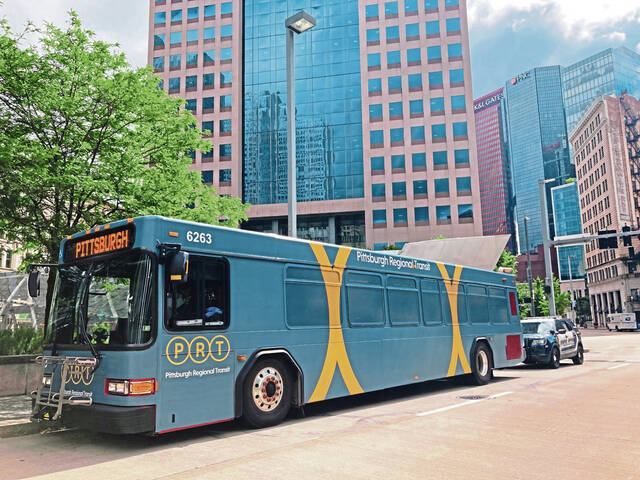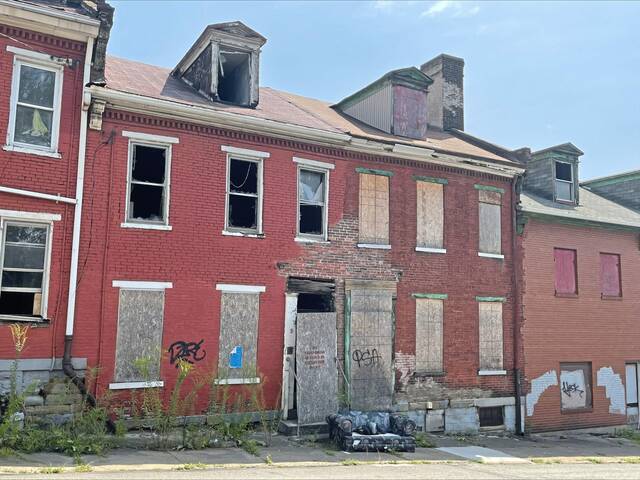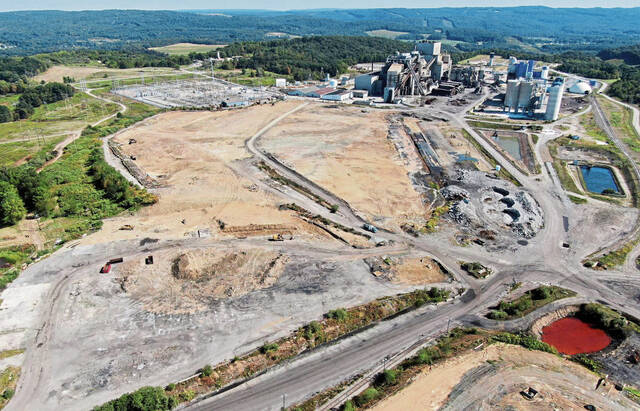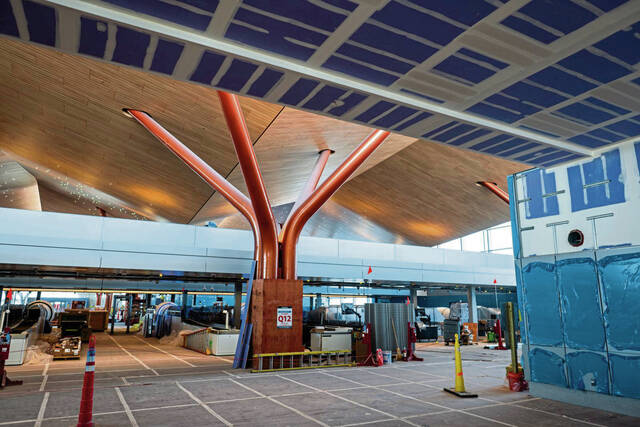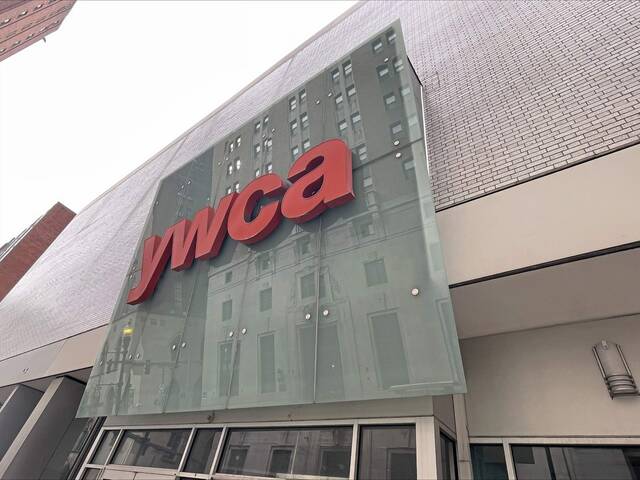What can the public reasonably conclude when one of the very remedies required to help right-size the badly bloated, too-expensive and ridership-bereft Pittsburgh Regional Transit system yet again is contractually excluded from a new and too-lengthy labor agreement?
That major policy changes are necessary to rein in the mass-transit agency formally known as the Port Authority of Allegheny County, concludes a new analysis by the Allegheny Institute for Public Policy.
“The new labor contract contains language, in a renewal of language dating to 1997, that limits the use of small transit vehicles (24 or fewer seats) on fixed route service to 3% of the large buses in use,” notes Eric Montarti, research director at the Pittsburgh think tank.
“For an authority that should be significantly reducing service in response to the huge drop in passengers (some bus routes remain 50% below pre-pandemic levels), the limitation on the use of smaller vehicles is a provision that should never have been agreed to,” he admonishes.
PRT and the Amalgamated Transit Union have agreed to a generous new four-year labor contract. That’s twice the length of the previous contract and likely to cover the period when remaining federal covid aid is exhausted. Worse, the contract does not provide for employment cuts despite passenger counts remaining far below pre-pandemic levels.
Per a PRT news release, the contract includes pay raises totaling 12.75% and bonuses for employees based on the hours they worked from March 2020 through June 2021, up to a maximum of $4,000.
The starting wage for a new operator will be about $25 an hour, and the top rate will be over $38 an hour, “keeping PRT employees among the highest-paid transit workers in the nation,” the agency’s news release brags.
Again, all this coming in a climate of steep and possibly permanent ridership declines that even the agency’s CEO admits never will recover.
Allegheny Institute research has shown how operator pay drives the high operating costs at PRT, costs already among the highest, if not the highest, in a group of peer mass-transit agencies and, in the case of bus operating costs, not far off the pace of far larger systems, including New York City.
“PRT’s annual service reports note the extremely high costs, how they compare to peer agencies and cite legacy costs and the strength of the labor union among the reasons,” Montarti says.
Another guarantor of mass-transit cost bloat in Pennsylvania is the right of such workers to strike.
“It creates enormous bargaining power that, over time, has allowed the union to receive wages and benefits that are far above peer agencies around the country,” Montarti says.
“Policymakers at the state and county level should use the time between now and the contract’s expiration to make the changes needed to lower the high costs of the agency for the benefit of the state and county taxpayers that subsidize the system,” Montarti recommends.
“The opportunities for change are there, and the evidence is overwhelming” that PRT’s excessive costs could be tamed, he concludes.
As an aside, it should be added that, given oftentimes rapidly changing economic conditions, four-year labor contracts are too long by at least one year. Additionally, the public should have the right to review and comment on tentative contracts between their government entity and labor unions before they are signed, sealed and delivered.


